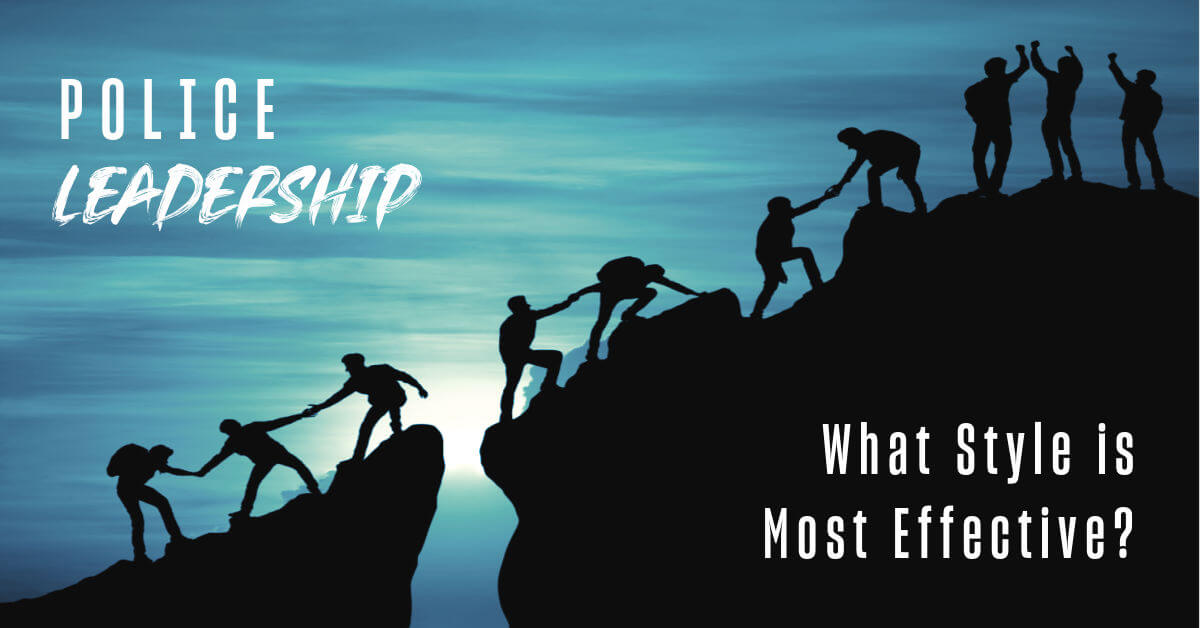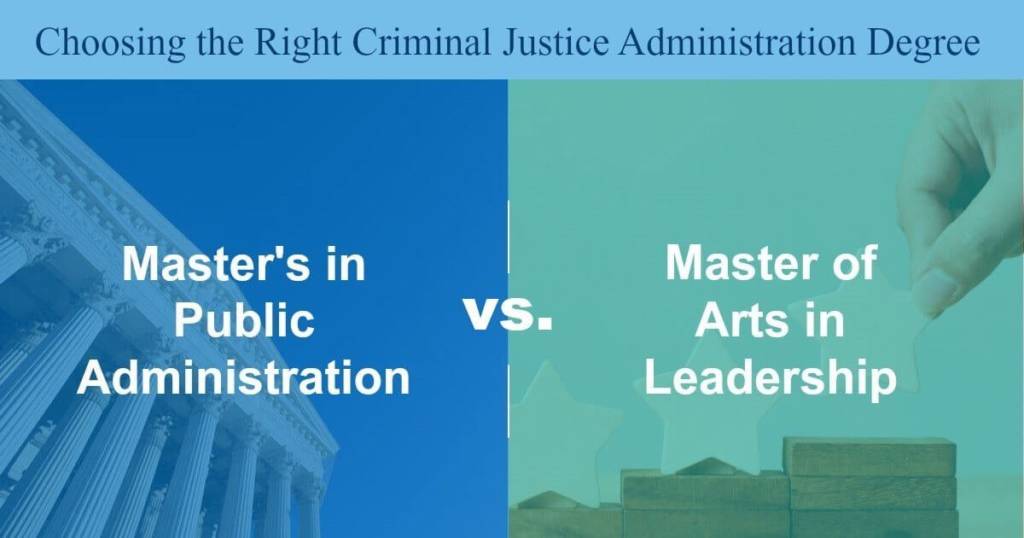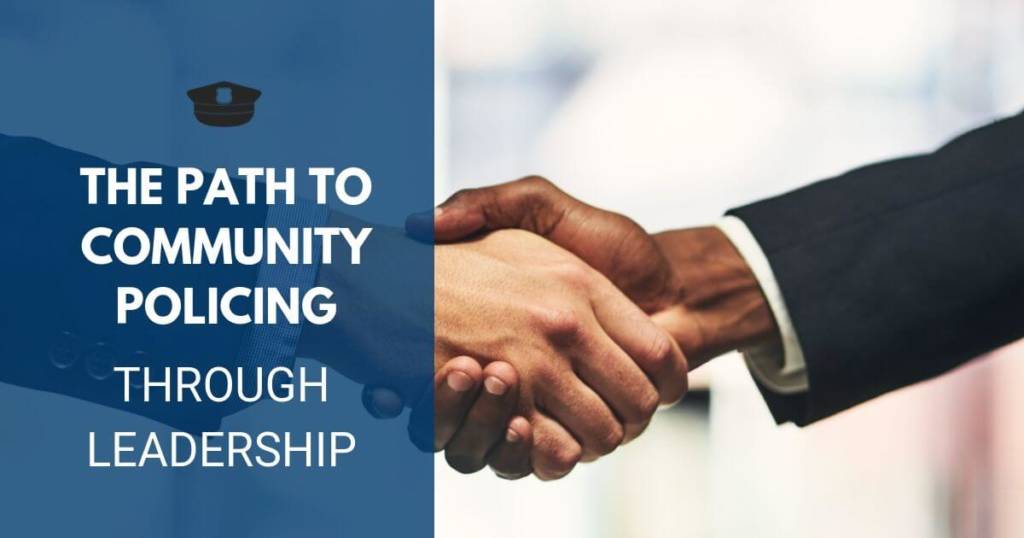The law enforcement leaders of today are facing arguably one of the most tumultuous times in policing. On a big-picture scale, law enforcement organizations are feeling increased pressure to reevaluate their practices while balancing an ever-changing cultural, social and technological landscape. At an individual level, police officers themselves are entering the field with new expectations about what it means to be an officer and how they want to be led.
There is a school of thought that views leadership as a quality someone is born with, rather than one that can be learned through experience, education and mentorship. Thankfully for law enforcement organizations across the country and around the world, police leaders are finding that the skills necessary to be effective in their roles are constantly developing and expanding. Policing, in its nature, is an evolving discipline that must grow and change with the times — police leadership is no different.
Today, many current and aspiring law enforcement leaders are seeking out greater insight into how to be an effective police leader, and what type of leadership style will work best in this climate. The answer is simple — there isn’t just one, but there are a number of leadership styles, traits, skills, and responsibilities that quality police leaders should understand, learn, and practice to be successful.
[RELATED] Best Police Leadership Books >>
Conceptual Police Leadership Styles
Authoritative Police Leadership
Authoritative leadership is strictly rules-based with a preference for order and a sometimes military-like approach. In such organizations, the leader exerts full control over the team and subordinates are expected to simply follow and obey, not to offer feedback or contribute ideas. Most military and police forces have “historically followed a very authoritative model,” said former U.S. Marine Lt. Col. Ryan Sheehy, an adjunct professor in University of San Diego’s online master’s degree in Law Enforcement and Public Safety Leadership. However, as the next generation of law enforcement officers enters the field, this hard-nosed leadership style is not as effective as it might have been in previous generations, and many contemporary leaders are exploring other ways to lead, inspire and engage.
Transactional Police Leadership
Transactional leadership is much like authoritative leadership except that it relies on a rewards-based system to motivate subordinates. According to this system, rewards or punishments are handed out based on a subordinate’s performance and adherence to the rules. The theory is that individual officers will conform to the rules and vision of the leader — influenced by the fear of discipline for poor performance versus the anticipation of positive reinforcement for a job well done.
Transformational Police Leadership
Transformational leadership focuses on a “people-centered approach” that aims to inspire, empower and motivate one’s team. A leader following this approach works with subordinates to commit to a shared vision and goals for the organization, encouraging innovation and creativity in pursuit of those goals. Transformational leaders are inclusive, considering each individual’s unique needs, skills and motivations. They often have an “open door” policy to facilitate more frequent and candid communication.
Police Leadership Traits
There is not a specific number of traits that help make police leaders effective in their positions. However, there are a handful of characteristics that are consistently found in successful police leaders.
- Commitment: Being a leader in any setting requires a certain degree of commitment to the job and the mission. “Being a great leader is all about having a genuine willingness and a true commitment to lead others to achieve a common vision and goals through positive influence,” said best-selling author John Maxwell, author of the book “The 5 Levels of Leadership.” In law enforcement specifically, leaders should possess a high level of commitment to all facets of police work and to making their communities a better place.
- Honesty: Whether working internally within a police department or interacting with citizens, community leaders, and the media, honesty is essential. This can mean being transparent throughout an ongoing investigation, being honest with officers under their command about their performance and ultimately being honest with themselves about their potential shortcomings as leaders and how they can improve.
- Integrity: For a law enforcement leader, acting with integrity means consistently doing the right thing, even when it’s the more difficult option. When a commanding officer or chief of police demonstrates their commitment to honor and integrity, other officers are more likely to follow their lead.
- Humility: Humility is vitally important for police leaders today. However, it is one of the most challenging qualities to develop and sustain, as sometimes it can be misconstrued as a sign of weakness. But, when a law enforcement leader demonstrates humility, they help foster an environment where their fellow officers and subordinates feel safe to voice concerns about conduct or incidents that reflect poorly on the department. Additionally, humility allows officers to feel comfortable approaching their leadership with ideas and questions that can help improve department operations. And because many new officers from the millennial generation prefer a teamwork-style approach over an authoritative leadership style, having humility can make establishing that relationship more seamless.
- Mentorship: The law enforcement landscape and police leadership practices are constantly evolving, but advice and insights from experienced officers is a timeless asset. That is why mentorship is invaluable, so much so that many departments have implemented mentorship programs. Even without formal mentor-mentee partnerships, young officers and leaders can greatly benefit from the advice of law enforcement veterans. “It’s a huge cultural shift for individuals as they move into law enforcement,” said Aaron Snyder, Sergeant, Indianapolis Metropolitan Police Department Office of Professional Development and Police Wellness. “And new officers can benefit greatly from having guidance from experienced officers.”
[RELATED] Want to Be Chief of Police? Career Advice for Aspiring Law Enforcement Leaders >>
Police Leadership Skills
There are dozens upon dozens of skills — both soft skills and hard skills — that good law enforcement leaders inherently possess and refine throughout their careers.
Soft Skills
- Effective communication: Communication is arguably both a soft and hard skill, but in leadership, police officers must make effective communication a hallmark of their policing practice. “In every aspect of leadership, communication is important. Effective communication can create trust and build relationships with subordinates, peers, community members and other agencies. Our ability to communicate successfully could affect the way we interact with other agencies and how we share intelligence, which is vital to public safety,” said Alan Mills, Supervisory Agent, U.S. Border Patrol.
- Ability to evolve: The law enforcement field is always changing and evolving, and to be effective in a leadership position, officers must also be able to evolve in their leadership styles and perspectives. As Lieutenant Kirk McLean of the Prince George’s County, Maryland Police Department said in a Police Chief magazine article, “once commanders feel secure in the way they have always conducted their business of directing, controlling, budgeting, inspiring, motivating, and so forth, it’s a sign that it might be time to reinvent (or update) their leadership style.”
- Understanding of different perspectives: As law enforcement leadership has evolved, so too has its relationship with the community. When working with so many different groups, leaders are bound to encounter differing perspectives, and must have the skills to work with differing views in pursuit of a goal. “Officers today need to be well versed about what is happening in our profession and be willing to communicate and work with many different groups in an attempt to achieve a mutual understanding,” said Jose Tellez, Chief of Police, National City Police Department and USD police leadership program instructor. “For example, we sometimes invite people who are critical of law enforcement to attend our workshops and community meetings. At a minimum it creates an opportunity for dialogue and hopefully some level of understanding; officers have to be open to possibilities and have a broader perspective of what is going on, not just in their communities but at a national level as well.”
- Attention to detail: Police leaders are constantly juggling a myriad of tasks, and no two days are ever the same. Because they are pulled in so many directions, law enforcement leaders must have an acute attention to detail that allows them to perform at their best while juggling multiple responsibilities. “Law enforcement executives need to master attention to detail in order to build crucial relationships within the agency and community; to enhance the performance of the agency; and to build legitimacy and, thus, buy-in from the officers and the community, “said Lieutenant McLean.
Hard Skills
- Management: Police leaders are managers of many functions and actions within a department. From a personnel perspective they are managing trainees, patrol officers and other lower-level leaders. At a more conceptual level, they must be able to be effective conflict managers, risk managers and operational managers to keep their departments running effectively and safely.
- Budgeting: Traditional police officer training includes very little, if any financial and budgeting training, but this is a critically important aspect of law enforcement leadership. Police leaders need to have a robust understanding of budgeting, contract negotiation, finance, and staffing/resource allocation, as well as be able to effectively allocate funds — from taxpayers, grants and other monies — in the public safety setting.
- Policy and legal knowledge: All law enforcement officers must be well-versed in local, state and federal laws and policies. However, police leaders must have a more comprehensive understanding, so much so that they might even be asked to play a role in establishing and updating laws and ordinances. Leaders should also actively seek out reliable research, evidence and best practices to guide them in making good policy decisions.
- Media and technology: Law enforcement leaders today are often called upon to communicate with the media and the public regarding community issues and matters of public safety. Technology, both in relation to the media and in society, is also having an increasingly large impact on public life and policing, which requires another evolution in a leader’s skillset. “I’m doing some things today in my job I had no idea I would be doing, especially in the area of technology. I had to learn those things,” said Chief Tellez.
Education is the Common Thread Among the Most Effective Police Leaders
While leadership can certainly be developed and refined over the span of a career through observation and trial and error, formal education focused on core leadership skills can greatly accelerate that process by teaching different leadership philosophies and offering tools and strategies for employing those philosophies.
“A master’s degree exemplifies your commitment to learning, and the knowledge you acquire will enhance your skillset,” said Jennifer Malis-Estrada, jail administrator with the Santa Monica (Calif.) Police Department. “Managing a contemporary police agency is a complex, demanding profession that requires a motivated and educated individual.”
[RELATED] Free Career Resource: The Benefits of Earning Your Master’s Degree in Police Leadership >>
Educational programs like the online master’s degree in Law Enforcement and Public Safety Leadership offered by University of San Diego can support law enforcement professionals in developing their leadership capabilities and confidence, enabling them to become effective forces of change. Students in USD’s nationally-ranked program are able to augment their law enforcement experience with targeted training on issues ranging from budget and finance to technology to conflict resolution — all skills that can be difficult to learn on the job. In addition, the networking and idea-sharing between students helps leaders challenge and learn from one another while expanding their pool of trusted resources.





